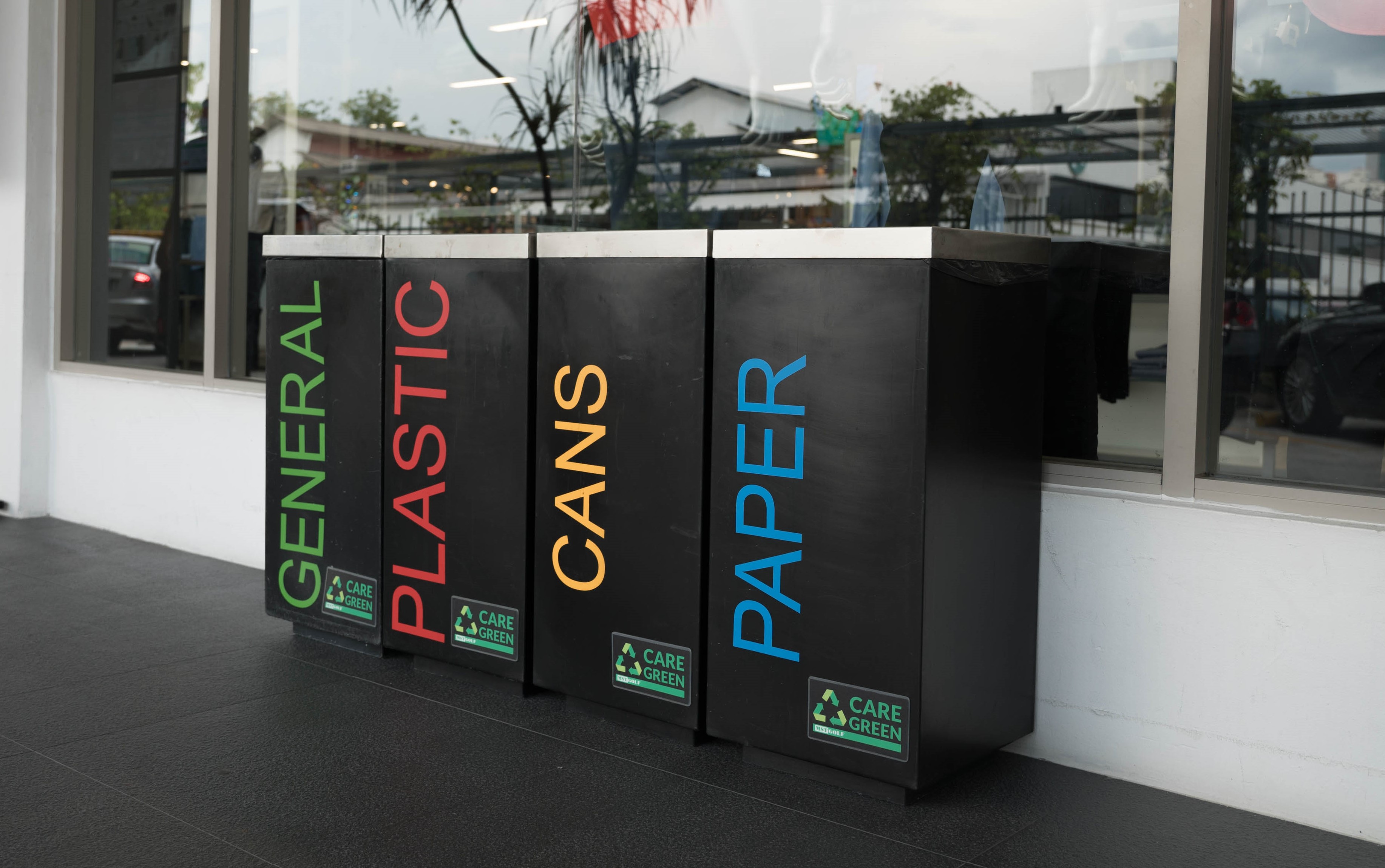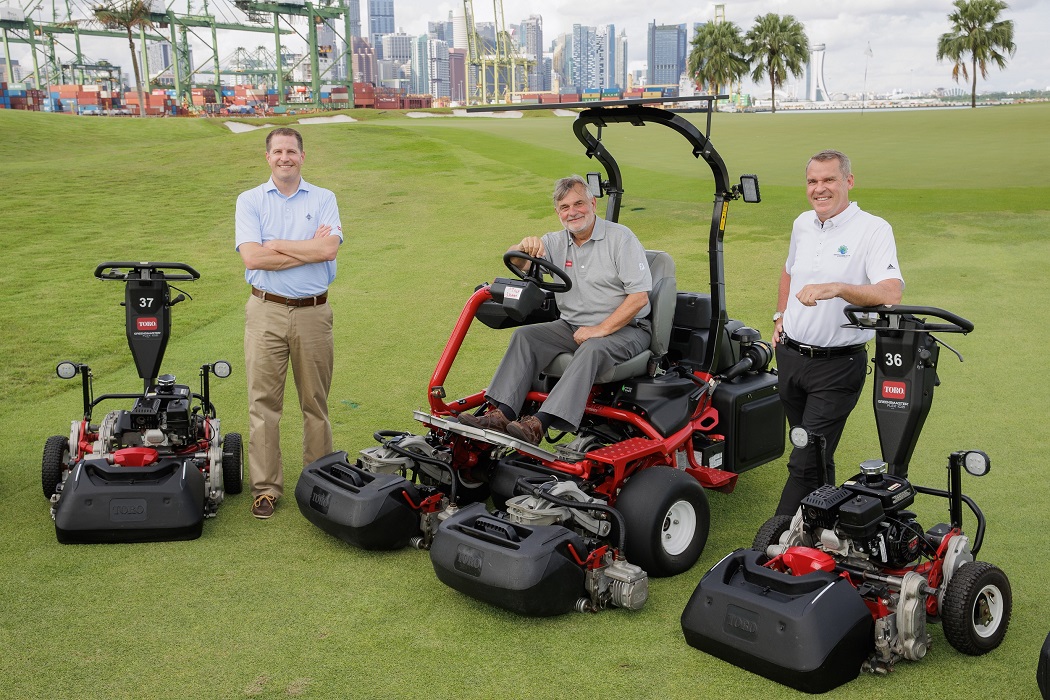- Play Sustainably
- | Play Sustainably
-
MST Golf embarks on sustainable journey through “CARE GREEN” Initiatives
Sustainability is the single biggest issue affecting our entire planet. Acknowledging that, MST Golf has made an active decision to continuously work towards building a more sustainable business for the future.
While industrialization and modernization through the years have improved our day to day comfort and convenience, it has unfortunately resulted in generating an overwhelming amount of environmentally harmful waste and accelerated the global warming phenomenon.

The focus on sustainability has been ramped up by the all the leading sports brands and manufacturers not only in their manufacturing processes and materials but also in their day-to-day operations as well. MST Golf has also made a decision to start taking action immediately as part of the company’s commitment to the sustainability cause.
“As the leading golf retailer in the region, we as MST Golf need to actively participate and promote the sustainability message and style of living. As we are looking at achieving a fully sustainable business model, this will be a marathon, not a sprint.
In embarking on this, we do acknowledge that it will incur additional costs and cause some inconvenience, while also forcing the adjustment of habits that have been in place for a long time. However, we are committed to doing our part to drive sustainability efforts which are much needed by our beautiful planet Earth” said Ng Yap, Chief Executive of MST Golf.
MST Golf's CARE GREEN” campaign focuses on the three Rs – Reduce, Reuse and Recycle – and includes these initiatives:
- Working with biggest brands to drive their sustainability initiatives through the usage of sustainable and recycled materials in their products, as well as on-ground and retail activations.
- Using recycled paper bags for customers instead of plastic bags.
- Introducing reusable “Bag4life” bags to encourage customers to reuse the bags in their daily lives.
- Instant ilovegolf points redemption in any MST Golf store to reduce the use of printed vouchers.
- Placing recycle bins for rubbish separation in stores and the HQ.
- Collecting boxes and plastic packaging from customers to help them recycle.
- Reducing plastic waste bag usage in the HQ as well as in stores.
- Reducing the usage of paper by digitalising documents and discouraging printing.
- Reusing packaging material and reducing single use materials when receiving and delivering products through the warehouse and stores
- Encouraging the use of reusable water bottles and food containers in the office, while discontinuing single-use water bottles.








